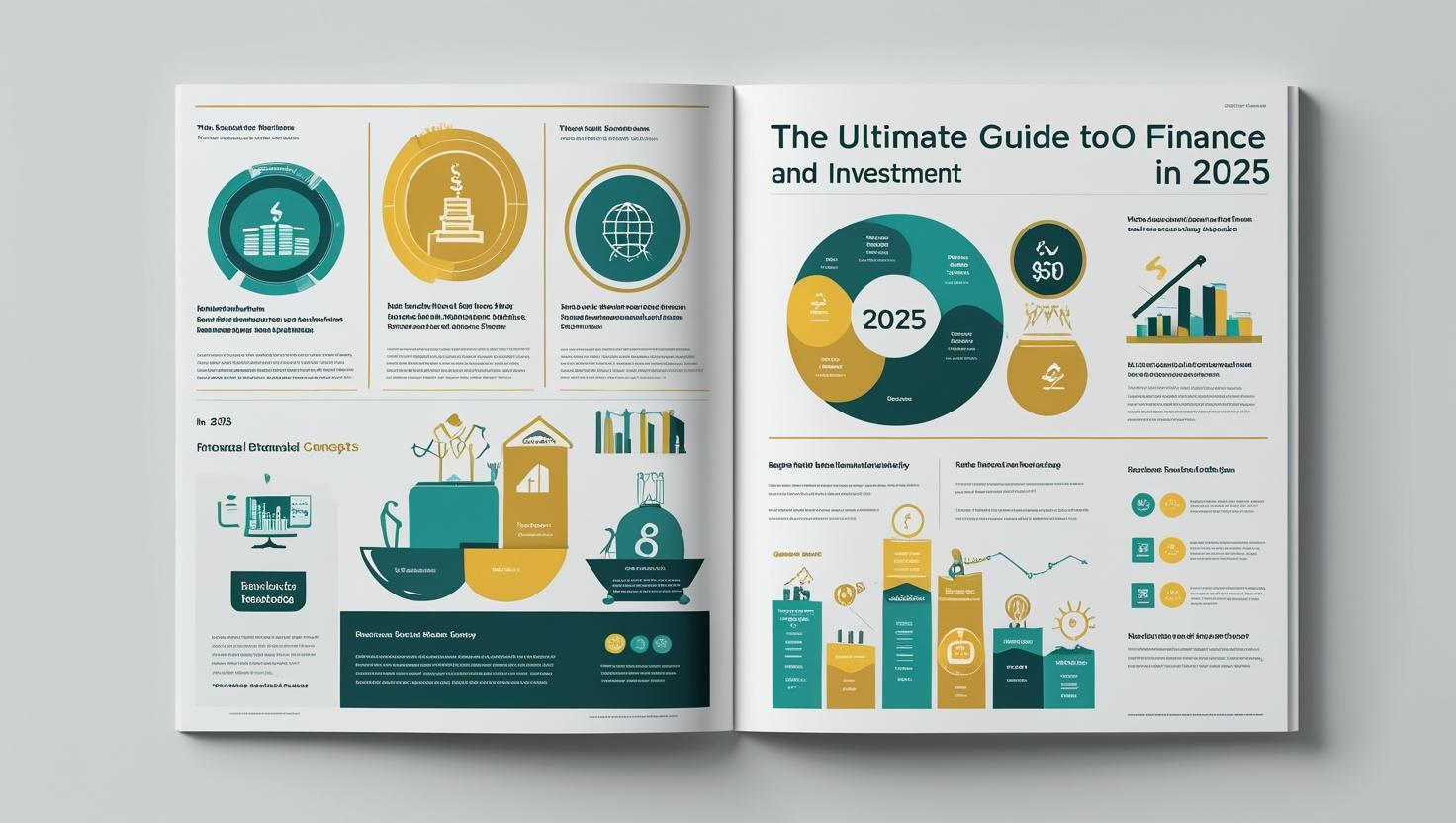The Ultimate Guide to Finance and Investment in 2025
 |
| The Ultimate Guide to Finance and Investment in 2025 |
In today's fast-paced digital world, understanding the core principles of finance and investment is no longer a luxury — it's a necessity. Whether you're looking to grow your wealth, secure your retirement, or simply manage your personal finances better, this comprehensive guide will help you build a strong foundation in finance and smart investment strategies for 2025 and beyond.
1. Understanding the Basics of Finance
Finance is the science of managing money. It involves budgeting, saving, investing, borrowing, and forecasting. Here are the key branches of finance:
-
Personal Finance: Managing your individual finances — income, expenses, savings, investments, insurance, and debt.
-
Corporate Finance: How businesses handle funding, capital structure, and investment decisions.
-
Public Finance: How governments manage the economy through taxation and spending.
For most people, personal finance is the most relevant and is where financial literacy should begin.
2. The Power of Budgeting and Saving
Budgeting is the cornerstone of financial health. It allows you to:
-
Track your income and expenses
-
Set realistic financial goals
-
Avoid unnecessary debt
-
Build an emergency fund
Saving, on the other hand, is crucial for both short-term needs and long-term goals. Experts recommend saving at least 20% of your income if possible. Automated savings tools and high-interest savings accounts can help.
3. Why You Should Invest (and Start Now)
Investing is the act of putting your money into assets that grow over time. Unlike saving, investing involves risk — but also offers greater returns. Common reasons to invest include:
-
Beating inflation
-
Growing your wealth
-
Retirement planning
-
Achieving long-term goals
The earlier you invest, the more you benefit from compound interest, which can significantly grow your wealth over time.
4. Types of Investment Vehicles in 2025
In 2025, investors have a wide variety of options. Here are some of the most popular:
-
Stocks: Ownership shares in companies. High return potential, but risky.
-
Bonds: Loans to corporations/governments. Less risky, lower returns.
-
Mutual Funds/ETFs: Bundled investment options managed by professionals.
-
Real Estate: Physical property that appreciates and generates rental income.
-
Cryptocurrency: Digital assets like Bitcoin and Ethereum. High risk, high reward.
-
Robo-Advisors: Automated platforms that manage your portfolio based on risk profile.
Choose based on your goals, risk tolerance, and time horizon.
5. Risk Management in Investing
Risk is inevitable in investing, but it can be managed. Key principles include:
-
Diversification: Don’t put all your eggs in one basket.
-
Asset Allocation: Distribute investments across various asset classes.
-
Regular Reviews: Rebalance your portfolio as your goals or market conditions change.
Having a long-term mindset helps reduce the impact of short-term volatility.
6. Building Wealth with Long-Term Strategies
If you want to build real wealth, consistency matters more than luck. Follow these timeless strategies:
-
Invest regularly (Dollar-Cost Averaging)
-
Increase investment with income growth
-
Avoid panic selling during market dips
-
Stay informed but don’t overreact to trends
Building wealth is a marathon, not a sprint.
7. Financial Planning for the Future
A sound financial plan includes:
-
Retirement Planning
-
Insurance Coverage (health, life, etc.)
-
Tax Optimization
-
Estate Planning
Tools like retirement calculators, tax planning apps, and certified financial planners can help you stay on track.
8. Common Mistakes to Avoid
Even savvy investors make mistakes. Avoid:
-
Chasing quick profits
-
Investing without research
-
Ignoring fees and taxes
-
Putting emotions over logic
Stay disciplined, and always make decisions based on facts, not feelings.
Conclusion
Financial literacy and smart investing are essential skills in today’s economy. By understanding the basics, setting clear goals, managing risk, and investing consistently, you can achieve financial freedom and security.
No matter your current financial situation, it’s never too late to start. With the right mindset and knowledge, 2025 could be your best financial year yet.

إرسال تعليق